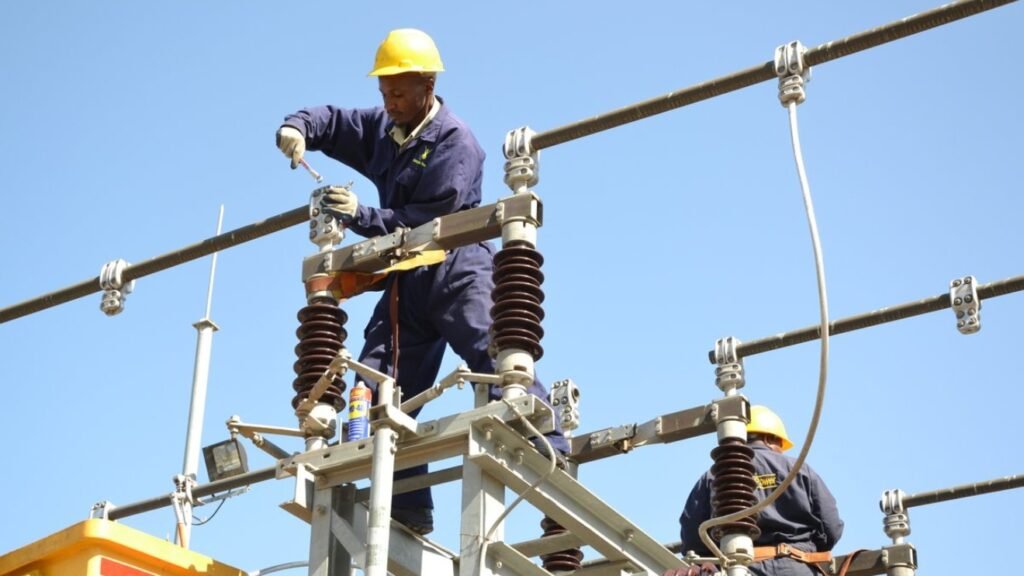Members of Parliament have rejected a proposal from the Ministry of Energy and Petroleum to lift the moratorium on Power Purchase Agreements (PPAs).
The MPs cited concerns over inadequate safeguards to protect taxpayers from potential exploitation by private investors.
The ministry had approached Parliament with a request to lift the moratorium specifically on coal-fired power plants, stressing the urgency of expanding power sources to meet Kenya’s increasing energy needs.
According to the ministry, anticipated growth in power consumption necessitates a diversification of sources, with coal plants positioned as a stable and cost-effective complement to existing hydroelectric power.
However, members insisted that the ministry had to first implement stringent measures to prevent projects from disproportionately favoring investors at the expense of public interest.
They maintained that no relaxation of the moratorium should proceed until sufficient protections are established to ensure that any new agreements prioritize taxpayer welfare and national interests.
The members spoke during the National Assembly leadership retreat where Energy cabinet secretary Opiyo Wandayi made a presentation.
Led by chairperson, Committee on Energy Vincent Musyoka members expressed concern over the Ministry’s inadequate safeguards, saying there is currently no substantial basis for lifting the moratorium on Power Purchase Agreements (PPAs).
Musyoka who is also Mwala MP emphasized that Parliament, as the people’s representative, must be fully involved in PPA-related decisions.
He cited the recent shifts in indicative tariffs as an example, noting that the indicative tariffs gazetted in 2012 for wind power stood at Sh12/kWh.
However, shortly after, Lake Turkana Wind Power project secured a PPA at Sh16/kWh over a 20-year term—higher than the forecasted tariffs intended to provide long-term savings.
“Recently, tariffs for wind were gazetted at Sh5.8/kWh, illustrating that earlier contracts could have been three times cheaper,” Musyoka said.
Further, he criticized the handling of the Lake Turkana Wind Project, intended as one of Kenya’s Vision 2030 flagship projects, revealing that 20 members’ motions were initially tabled to prevent power shortages through this initiative.
Members proposed that if the moratorium is lifted, Independent Power Producers (IPPs) with existing wind and solar installations should be required to add backup energy storage to harness excess energy produced during the day for peak demand.
The Kenya Power managing director and chief executive officer Joseph Siror told MPs that all the new power budget agreements were the cheapest.



